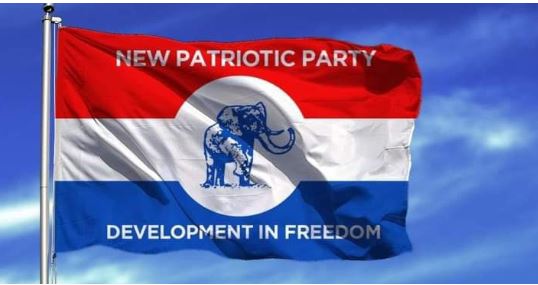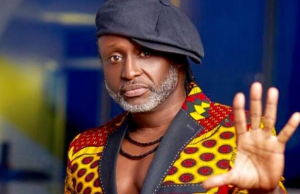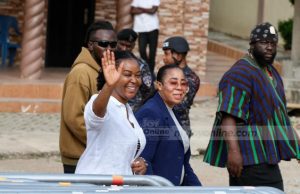Ghana’s New Patriotic Party (NPP) has announced plans to deliver what it terms the “True State of the Nation Address” on March 4, 2025, in a direct rebuttal to President John Mahama’s official State of the Nation Address (SONA) delivered on February 27.
The opposition party accused Mahama of glossing over critical challenges facing the country, including deteriorating energy infrastructure, escalating security concerns, and a surge in illegal mining activities.
In a sharply worded statement signed by NPP National Chairman Stephen Ayesu Ntim, the party argued that Mahama’s address failed to acknowledge pressing issues such as recent electricity instability, rising unemployment linked to halted public sector hiring, and environmental degradation caused by illegal mining, locally known as “galamsey.” The NPP described the president’s assessment as “selective” and “divorced from the realities confronting ordinary Ghanaians,” emphasizing that the constitutional mandate of the SONA requires a “transparent and unvarnished” account of national affairs.
President Mahama, in his SONA, painted a grim picture of Ghana’s economy, declaring it “in crisis” with citizens enduring “unprecedented hardships.” He revealed that public debt had ballooned to GH₵731 billion, with state-owned enterprises like the Electricity Company of Ghana (ECG) shouldering GH₵68 billion in liabilities and COCOBOD, the cocoa regulator, facing severe financial strain. Mahama also noted that inflation closed 2023 at 23.8%, exceeding the International Monetary Fund’s 18% target under Ghana’s ongoing bailout program.
The NPP’s decision to stage a parallel address, led by its parliamentary leadership under Majority Leader Alexander Afenyo-Markin, underscores the deepening political polarization in Ghana. Analysts view the move as both a strategic effort to reframe the national discourse ahead of the 2024 election cycle and a challenge to Mahama’s narrative of economic stewardship. Critics, however, question whether the opposition’s critique adequately addresses the structural issues plaguing Ghana’s economy, such as its reliance on commodity exports and vulnerability to global market shocks.
The back-and-forth highlights Ghana’s fragile economic recovery, with both sides leveraging starkly different narratives to sway public opinion. While Mahama’s administration attributes the crisis to external shocks and inherited debt, the NPP insists mismanagement and policy missteps have exacerbated the situation. Economists warn that prolonged political brinkmanship risks diverting attention from urgent reforms needed to stabilize the cedi, curb inflation, and attract foreign investment.
As Ghana navigates these turbulent waters, the NPP’s alternative address will test the opposition’s ability to present a cohesive policy vision—and whether its critique resonates with a population weary of rolling blackouts, job shortages, and environmental decline. The stakes are high: with debt restructuring talks ongoing and inflation still volatile, the battle over Ghana’s “true” state may shape not just political fortunes, but the nation’s path to recovery.
Send your news stories to newsghana101@gmail.com
Follow News Ghana on Google News


















